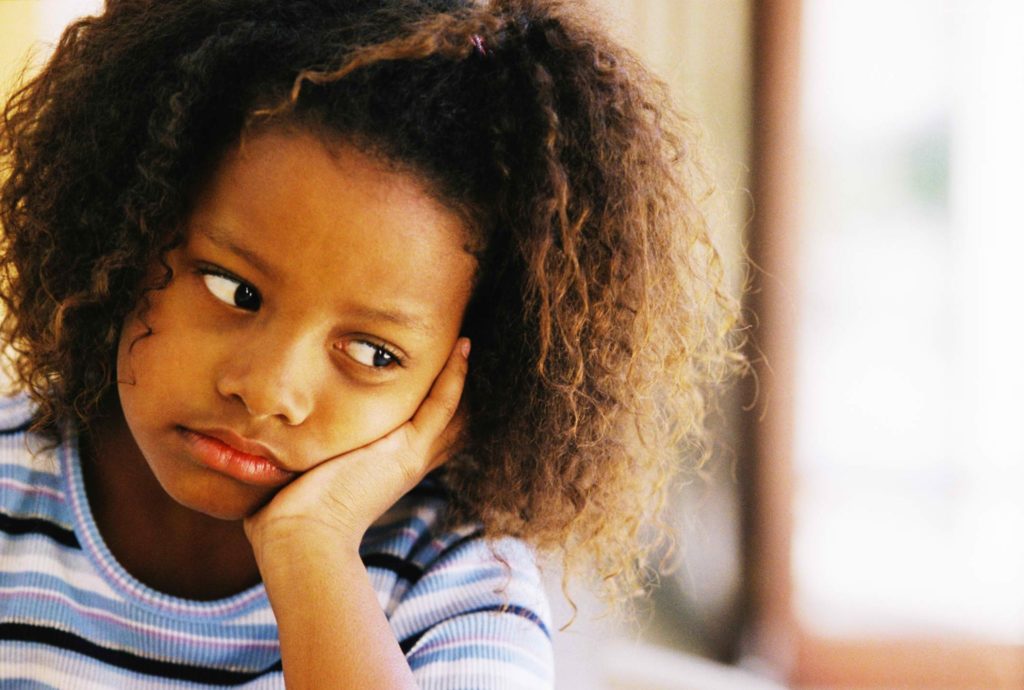
Anxiety during Childhood
Anxiety is a normal part of childhood. But as parents and carers, it is sometimes hard to know the difference between normal worries and something more serious. In most cases, anxiety in children is short-lived and goes away after a while. Some examples of normal worry might be:
- being shy or being worried about being laughed at
- being upset before or after being left at childcare or school
- worrying about schoolwork, sport or their health
But many children experience anxiety more intensely and more often than other children, stopping them from getting the most out of life.
If a child is often anxious, they might:
- try to avoid the situation or issue they are worried about
- get headaches and stomachaches often, especially when away from home
- have trouble sleeping or have vivid nightmares
- worry often
- need a lot of reassurance
- want things to be perfect and get upset if they are not
Some children are more likely to be anxious because of anxiety runs in the family – just like eye color, for example. Children can also learn to think and behave anxiously by watching others, or by going through scary experiences.
Certain things in a child’s environment might also increase the child’s chances of becoming anxious. For example, if a parent is overprotective of a shy child, it might help the child in the short term, but it can increase the child’s anxiety overall.
In fact, different anxieties often develop at different stages. For example:
- Babies and toddlers often fear loud noises, heights, strangers and separation.
- Preschoolers might show fear of being on their own and of the dark.
- School-age children might be afraid of supernatural things, social situations, failure, criticism or tests, and physical harm or threat.
- Babies and young children do not worry about things. For children to be worried, they have to imagine the future and bad things that might happen in it. Therefore worries become more common in children over eight years of age.

Children also worry about different things as they get older. In early childhood, they might worry about getting sick or hurt. In older childhood and adolescence, the focus becomes less concrete.
You can support your child with anxiety by:
- acknowledging your child’s fears – do not dismiss or ignore them
- gently encouraging your child to do things they are anxious about
- waiting until your child gets anxious before you step in to help
- praising your child for doing something they are anxious about
- avoiding labeling your child as shy or anxious
Childs’ mental health is important. If you are concerned, see your doctor, a psychologist or a mental health service. Some children have an anxiety disorder, such as:
- a phobia
- generalized anxiety disorder
- separation anxiety.
Children who have severe anxiety can benefit from psychological therapies such as cognitive-behavioral therapy or, in rare cases, medication.
Helping your child overcome anxiety issues is easier if you seek help. Talk to your doctor or search for online programs, tools, and information that can help.
